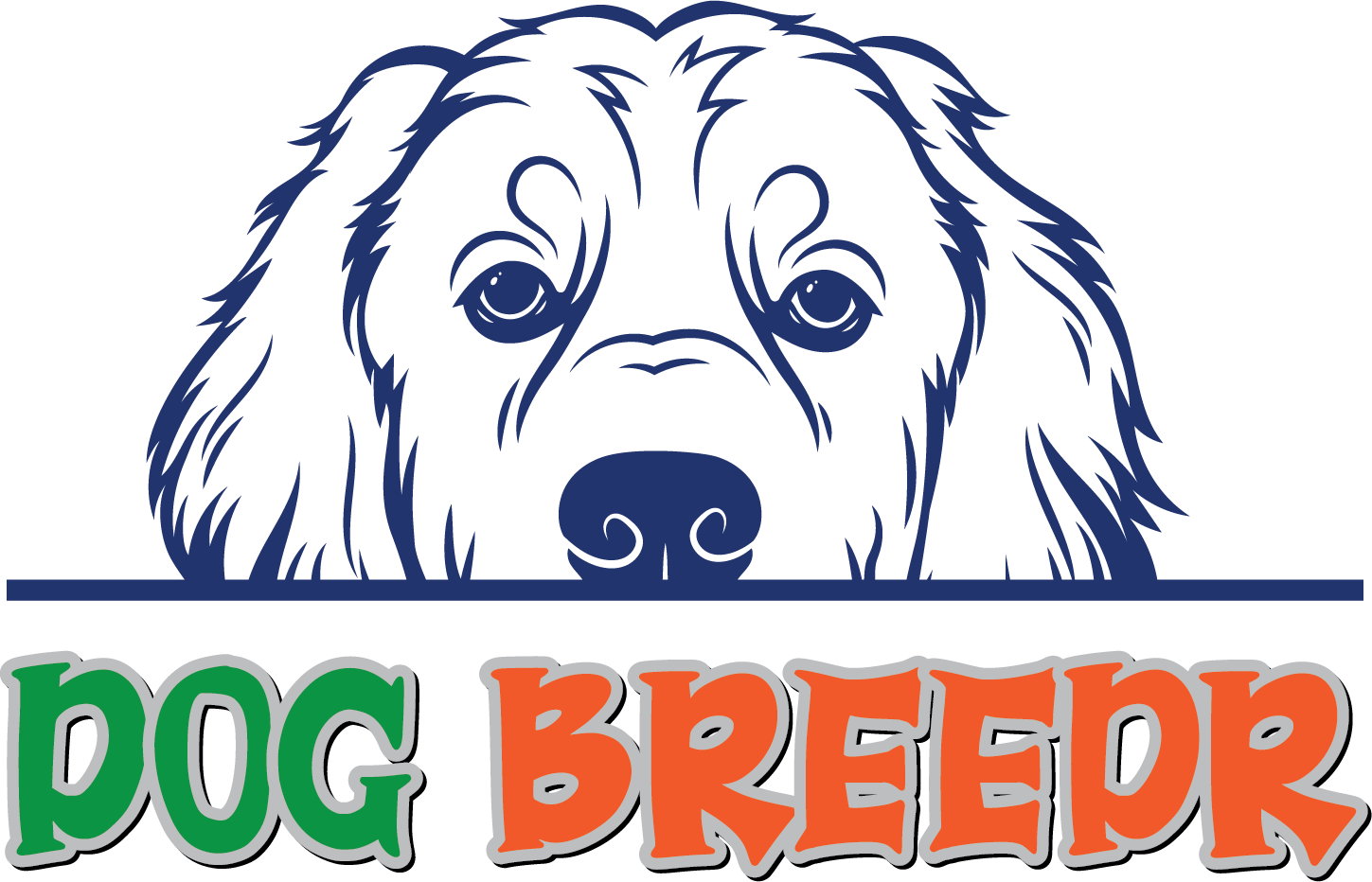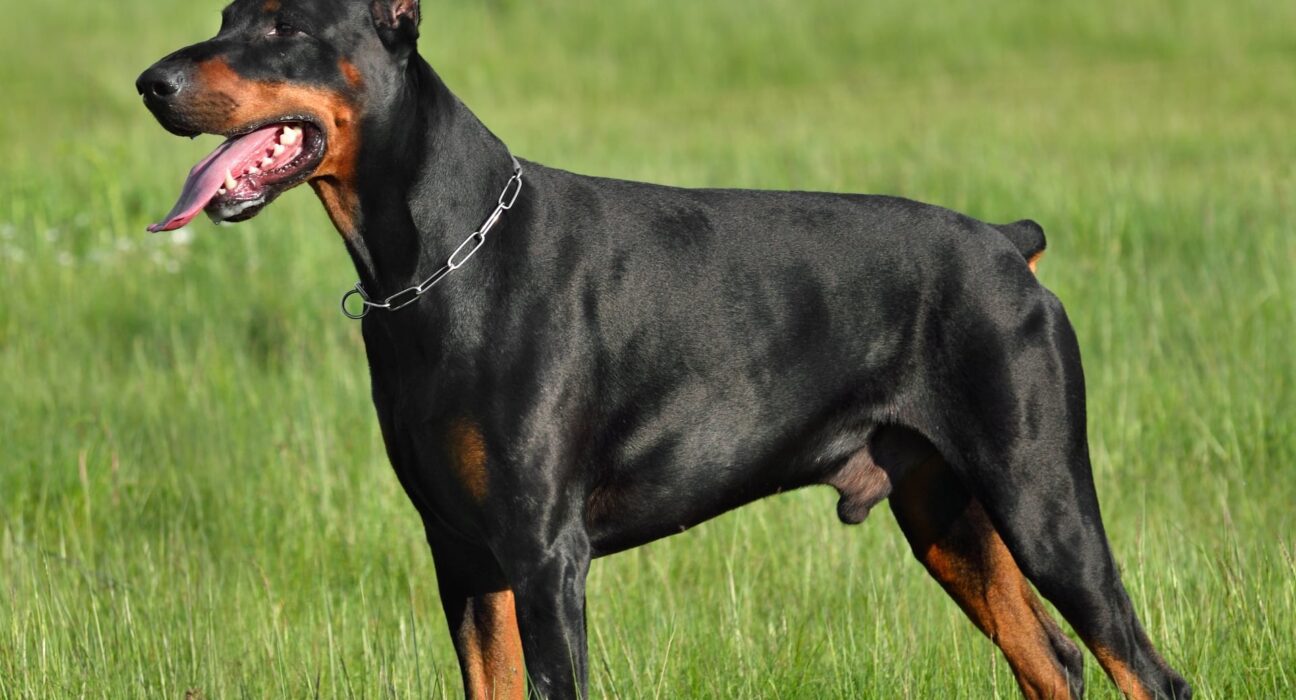The Doberman is a beloved dog breed that has long been prized for its intelligence and loyalty. Although often associated with law enforcement, Doberman is an excellent companion pet.
It is important to understand the history of this breed’s history and the unique characteristics that make it so popular.
In addition, there are some key considerations when considering adopting or purchasing a Doberman that everyone should be aware of before owning one. This article will provide a detailed look into all aspects of life with a Doberman pinscher.
Doberman History
Originally bred in Germany by Karl Friedrich Louis (Friedrich) Dobermann, the breed was intended to be used as protection dogs for tax collectors and police.
The breed results from a mix between Rottweilers, German Pinschers, Black and Tan Terriers, and German Shepherds.
These strong breeds were combined to create a fearless dog that would be loyal to its owners and have an imposing presence. In addition to being used as guard dogs, Doberman Pinschers served in World War I as sentries.
Characteristics
Doberman Pinschers are known for their athletic build, intelligence, and loyal nature. They generally stand 24-28 inches tall at the shoulder when fully grown, with males typically larger than females.
Their coats are short and close, lying without much undercoat, giving them a sleek and regal appearance.
Their distinctive facial features include a long muzzle, alert eyes, and erect ears. Dobermans can also have many colors, including black, blue, fawn, red, and white.
Temperament
As well as being an imposing figure due to their size and strength, Doberman Pinschers also tend to be highly intelligent and alert dogs that make excellent companions.
They are loyal and devoted to their owners but can be wary or suspicious towards strangers. Proper socialization from an early age is key to ensuring that your dog will grow up with good manners around other people or animals.
With the right training, they can become friendly dogs who love interacting with their owners and family members.
Health
Doberman Pinschers are generally a healthy breed with an average lifespan of 10-13 years. As with any other dog, it is important to provide your Doberman with regular exercise, healthy nutrition, mental stimulation, and proper veterinary care.
Some common health issues affecting this breed include hip dysplasia, von Willebrand’s Disease, cardiovascular diseases, and bloat.
It is important to inquire about the health history of your pup’s parents before bringing home a new puppy to reduce the risk of inheriting any genetic conditions.
Adoption & Purchasing Considerations
If you want a Doberman, you must ensure you are ready to own one. Finding a reputable breeder or rescue center is crucial when looking for your pup.
When researching breeders, ask about their health screening practices and look for those with clear health testing records on their dams and sires.
Responsible breeders can provide information about the history of your puppy’s parents and any health issues that may affect them in the future.
Doberman Grooming Tips
When grooming your Doberman, the right care and attention can keeps your pet looking healthy and happy. Here are a few tips on how to properly groom your Doberman:
– Brush frequently. Brushing your Doberman’s fur at least once a week will help prevent tangles and mats from forming in their coat.
Make sure you use a slicker brush with metal bristles suited for short hair breeds, like the Doberman pinscher.
– Bathe regularly. It is recommended to bathe your Doberman every three months, but if they get into something especially messy, bathing may be needed more often. Use a gentle shampoo specifically designed for dogs, like an oatmeal shampoo.
– Trim nails. Dobermans have very long nails that should be trimmed regularly to prevent them from overgrowing and to cause your pet discomfort. You can do it yourself or take your pup to a professional groomer for the job.
– Clean their ears. Dirt and bacteria can build up in your Doberman’s ears, so it is important to keep them clean and free of debris by using a cotton ball or a non-toxic dog ear cleaner twice a month or as needed.
– Pay attention to teeth. Just like humans need regular dental care, so do our pets. Brushing your Doberman’s teeth at least three times weekly is recommended for optimal hygiene.
Following these simple steps can help keep your Doberman healthy and looking their best all year round.
Good grooming is just one part of proper pet care. It is also important to ensure your Doberman gets enough exercise, nutrition, and mental stimulation.
Exercise helps keep their muscles and joints toned, while a quality diet provides vital vitamins and minerals to maintain good health.
Mental stimulation keeps your four-legged companion engaged in activities challenge their minds and bodies.
Provide plenty of toys for them to play with throughout the day and take time for regular walks or trips to the park for some extra physical activity.
With these simple steps, you can ensure that your Doberman gets everything they need to stay happy and healthy.
Doberman Food Requirements
When it comes to feeding your Doberman, one of the most important things is to keep their nutrition balanced and consistent.
A diet rich in protein, high-quality fats, carbohydrates, vitamins, and minerals is essential to providing them with the energy they need for a healthy life.
Many commercial diets are formulated specifically for Dobermans and can provide all the necessary nutrients without extra supplementation.
If you are feeding your dog a homemade or raw food diet, then some very specific recommendations should be followed.
First and foremost, ensure that every meal contains animal-based proteins such as beef, chicken, turkey, fish, or eggs, along with fresh vegetables and fruits.
A common mistake is not adding enough fat – aim for about 10% of the total caloric intake for your Doberman. Additionally, calcium and phosphorous should be balanced with a ratio of 1:1.
When it comes to treats, moderation is key. Avoid giving them too much human food, which can lead to obesity.
Instead, choose healthy treats such as small pieces of boiled chicken breast or peanut butter on whole wheat toast.
Finally, it’s important to feed your Doberman consistently every day and always provide fresh water for them to drink throughout the day. With these simple tips, you can ensure that your beloved pup stays happy and healthy.
Conclusion
The Doberman pinscher is an intelligent, loyal, and noble dog breed with many colors and sizes available.
They can make excellent companions given the right training and socialization and, with proper care, can have an average lifespan of 10-13 years.
All potential owners should research the breed carefully before deciding if it is the right breed for them and make sure to find a reputable breeder or rescue center when looking for their pup.
With the right preparation, a Doberman pinscher can become a beloved part of your family that you will enjoy for many years.

